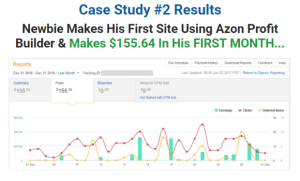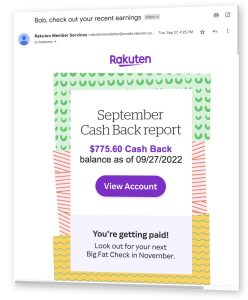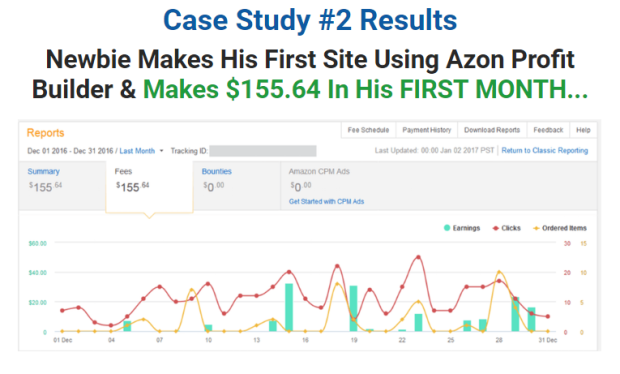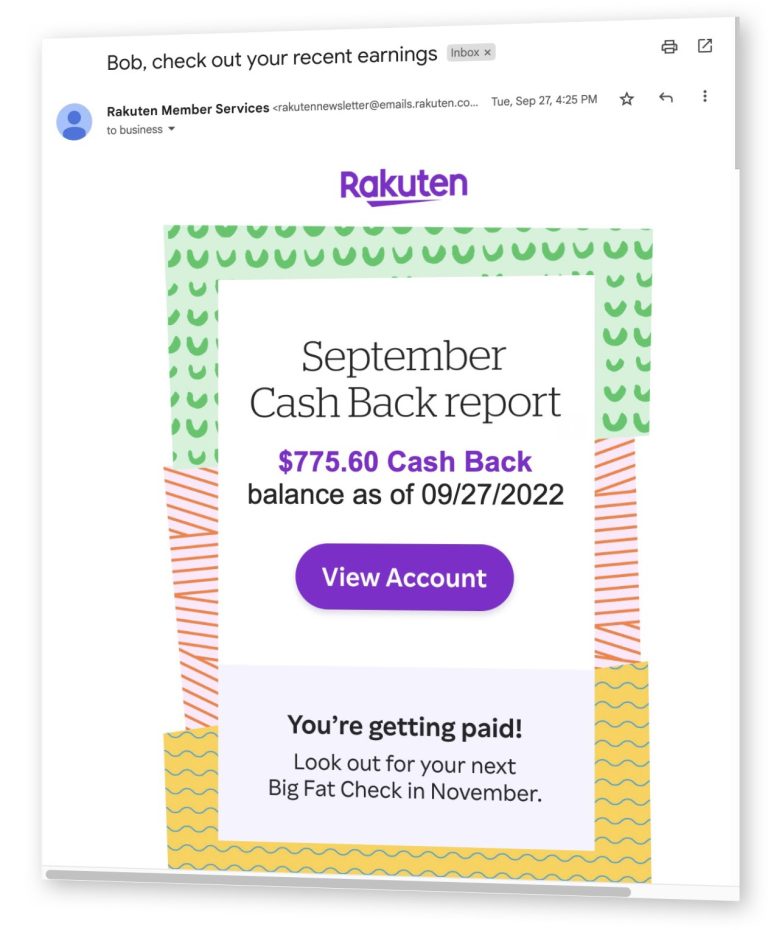You’re self-employed, which means getting your own health insurance.
No more being able to take advantage of an employer’s plan.
Well, unless your spouse has access to a good one.
Or are young enough to be on your parents’ plan.
But, in general, you’re on your own, and it sucks.
Not only are premiums rising each year, but so are deductibles.
Add to that the lack of help and affordable options the marketplaces provide, and the whole thing makes you want to scream.
Enter the self-employed health insurance deduction.
With this little gem, you may no longer have to itemize in order to deduct your health insurance premiums.
You may no longer have to meet certain minimums before your medical expenses qualify for deducting.
That’s a huge benefit.
It’s not, however, without its drawbacks and confusing rules…

Affordable Health InsuranceS
Looking for medical insurance, dental/vision, or small business health insurance? eHealth has multiple options for you all in one place.
The Self-Employed Health Insurance Deduction Requires Business Profits
There isn’t anything wrong with reporting a loss on your Schedule C business.
At least not when it comes to your income tax return.
It happens very often, and realistically, it’s part of doing business.
There are certain times when you must show a profit, however.
One of those times is to qualify to take the self-employed health insurance deduction.
If you are reporting a net loss on Schedule C, you cannot deduct any part of the health insurance premiums you paid.
That’s $0.
No deduction can be taken at all without reporting profits.
At least not for the self-employed health insurance deduction, but you can still claim those health insurance premiums if you qualify to itemize and meet the Medical & Dental Expenses minimums on Schedule A of your 1040.
And, it’s not one of those grey areas, where you can choose to be as cautious or aggressive as you feel comfortable.
This is taken verbatim from IRS Publication 535, Business Expenses (even keeping the exact punctuation!)
You were self-employed and had a net profit for the year reported on Schedule C (Form 1040), Profit or Loss From Business; Schedule C-EZ (Form 1040), Net Profit From Business; or Schedule F (Form 1040), Profit or Loss From Farming.
One thing to be aware of is that the health insurance premiums are not a business expense, and therefore don’t get reported anywhere on the Schedule C.
Even if you pay the premiums from the business bank account, it has no impact on the business’s taxable income.
[This comes into play a little later in the article.]
There is a ray of hope though.
If you have some income, but not enough to match the amount of the insurance premiums you paid, you can still get a little benefit.
You are allowed to deduct the amount of self-employed health insurance premiums to the extent that it brings your Schedule C net income to $0.
Here are a couple of examples:
- John has a freelance writing business that’s set up as a single-member LLC which gets reported on Schedule C. It’s the first year of operation and the company reports a loss of $1,500. John also pays $2,500 for health insurance coverage. He cannot claim the self-employed health insurance deduction because there was no business profit to cover the premiums.
- Marci is a beauty consultant who operates as a sole proprietor. She reported $5,000 of net income on Schedule C but had paid $8,500 in health insurance premiums. On page 1 of her 1040, she can only claim $5,000 as the self-employed health insurance deduction, because she didn’t have enough profit to cover the entire amount of premium payments.
One thing that can be done, if you itemize deductions and have enough in qualified medical expenses, is to report the premiums that don’t qualify for the self-employed health insurance deduction on Schedule A.
The self-employed health insurance deduction isn’t an all-or-nothing proposition, you can deduct everything you are entitled to as an adjustment to income on page 1, and report the rest with your other medical expenses and it will be totally allowable.
You Can’t Be Eligible For Group Health Insurance

This is where it gets a bit tricky…
You cannot take the deduction for any month you were eligible to participate in any employer (including your spouse’s) subsidized health plan at any time during that month, even if you did not actually participate.
The simple part of the equation is this: if you are covered by group health insurance through an employer, you cannot take your insurance premiums as the self-employed health insurance deduction; you can only claim it as part of your Schedule A itemized deductions (if you itemize).
Almost as simple is this fact: if your spouse is covered by an employer’s group health insurance, you can’t take the self-employed health insurance deduction.
Now, for the tricky part.
Even if you or your spouse are eligible for group health insurance coverage via either one’s employer, you cannot take the deduction for self-employed health insurance; again, it would have to go on Schedule A if you itemize.
It doesn’t matter if your spouse takes no part in your business, or vice versa, the only option you have is to itemize if possible.
The fact to pay attention to–with regard to claiming the self-employed health insurance deduction–is the eligibility to be covered by group health insurance.
Now for the really tricky part.
This can change from month to month.
For any month during which either you or your spouse are eligible for group health insurance coverage, you lose the self-employed health insurance deduction.
BUT…
You can claim the deduction for any month during which neither party was eligible for group insurance.
That means you have to be very diligent when it comes to record-keeping.
First, you don’t want to mess up by claiming amounts you aren’t entitled to, which would be bad.
At the same time, you have to pay attention so you don’t miss out on claiming a huge benefit by being able to deduct portions of your insurance under the self-employed deduction option.
Here are a few examples:
- Mike is single and runs a landscape architecture business full-time. He is allowed to claim all of his health insurance premiums for the self-employed deduction.
- Jennifer is single and works full-time in a law firm as a paralegal. On the side, she runs a small event planning service. She has been covered by an individual health insurance plan all year, and on April 25th became eligible for group health insurance coverage under her employer’s plan but chose not to participate. Jennifer can only take the January, February, and March premiums for the self-employed health insurance deduction because she became eligible to participate in the employer’s group health insurance in April. The payments made for insurance premiums from April through December can only be deducted on Schedule A if Jennifer itemizes.
- Rick and Joan are a married couple filing jointly. Rick is a stocking manager for a home-improvement chain, and has been eligible for group health insurance coverage through his employer for the entire year, but doesn’t participate. Joan owns an online crafts business and has a health insurance policy covering the two of them. None of the insurance premiums from Joan’s plan are allowed to be included in the self-employed health insurance deduction because Rick was eligible for coverage all year (even though he has no role in Joan’s business and doesn’t participate in his employer’s group health insurance). All of the insurance premiums must be claimed on Schedule A.
- Taylor and Analise are a married couple filing jointly. Taylor began the year as a partner in an ad agency, participating in the company-sponsored group health insurance. She was fired on June 4th, but was hired by a rival in July, becoming eligible for the new company’s group health insurance as of October 17th. Analise is a caterer who maintained a separate individual policy all year. Only the payments Analise made for coverage during July, August and September are permitted to be taken under the self-employed health insurance deduction, because Taylor was eligible with one company until and including June (even if it was just for 4 days), and then became eligible for the new employer’s plan in October. Even though Analise’s policy is just for her, being married made her eligible for coverage under her spouse’s group health insurance, which nullifies her ability to claim the self-employed health insurance deduction for all periods of spousal eligibility. All other premium payments must be reported on Schedule A.
As you can see, it’s not cut-and-dry.
Actually, it’s damn flat-out confusing if you have no experience with income taxes.
Some of the rules can make your head spin and seem completely illogical, but as they say: them’s the rules!
Health Insurance & Self-Employment Taxes
In the first section, I mentioned health insurance payments not being a “business expense” even if it’s paid from a business account.
I said that it will come up again at a later time, and this is that time.
The health insurance premiums paid aren’t considered in any capacity for the purpose of self-employment tax calculations.
On Schedule C, the line for insurance specifically states “other than health”, while 1040 Schedule 1 specifies the self-employed health insurance deduction.
You need to pay close attention while attempting to DIY taxes.
Generally, people will look at their income statement and take a percentage of the net income from that report to remit for their estimates.
Some people may take it a step further and use that figure combined with the IRS Self-Employment Tax worksheet or some website calculator to come up with the exact amount they should pay for their self-employment tax payments.
The thing that people without a background in accounting or tax preparation do wrong is they don’t add back the health insurance payments to the income statement’s net income figure before doing the calculation.
This is important to know because in both of those cases that figure would be short, and you would end up owing more than you thought when it came time to file your income tax return.
Self-Employed Health Insurance Deduction & Medicare

Let’s face it, not everyone retires.
Some people continue to run their businesses well into “retirement” simply because they enjoy it or they don’t want to get bored.
Some of those people use Medicare for their insurance needs.
Without getting into the history or the boring legal details (especially since I’m not an attorney and have no business discussing it?) here’s how it works:
You can be on Medicare and still claim those premiums under the Self-Employed Health Insurance Deduction.
In fact, you can even claim your spouse’s premiums as well!
And if you have Medicare Insurance covering under-27-year-old children their premiums are even deductible.
The other rules still apply, however, so be careful that you actually qualify!
Christian Healthcare Ministries Don’t Count For The Self-Employed Health Insurance Deduction
A new trend these days (and over the past few years) is to join a Christian Healthcare Sharing Ministry such as Medi-Share or Liberty HealthShare.
The simplest term for your expenditure within this type of organization is pooled-money contribution rather than an insurance premium.
These types of organizations are generally faith-based and collect a monthly fee from their members, then distribute the money.
Health “insurance” cannot be withheld based on faith–or lack thereof–yay, at least the government has some standards!
This is the first way in which Healthcare Sharing Ministries don’t qualify as a tax-deductible “insurance” expense because they aren’t.
Rather than paying the bills of the insured to the healthcare provider, the ministries reimburse the individual members, essentially transferring the money between individuals.
In addition, there are some items that are excluded from reimbursement based on Christian beliefs which further prevents it from being deducted as “insurance”–absolutely zero judgment here, but stating a fact because people inevitably wonder “why?”.
So what’s the attraction or benefit if it doesn’t qualify for the self-employed health insurance deduction nor the standard insurance premium deduction?
It’s cheaper than traditional insurance, in many cases outweighing the tax savings.
There are downfalls too, but I suggest you read this review of Liberty HealthShare from Club Thrifty and this review of Medi-Share by PT Money since each is based on personal experience with the respective programs.
Wrapping Up
It’s important to understand that these are only basic explanations and examples of how the self-employed health insurance deduction works.
There may be other limitations on your ability to claim all or part of the deduction based on your particular circumstances.
It’s always my recommendation that you consult a qualified tax preparer when it comes to anything tax-related, especially if you don’t have a background in taxation.
If for nothing else, you can always hire one just to double-check your own calculations.

Affordable health Insurances
Looking for medical insurance, dental/vision, or small business health insurance? eHealth has multiple options for you all in one place.
Your Turn
Were you aware of this deduction? Is this something you might want to look into further to get more value out of your insurance dollars?






















